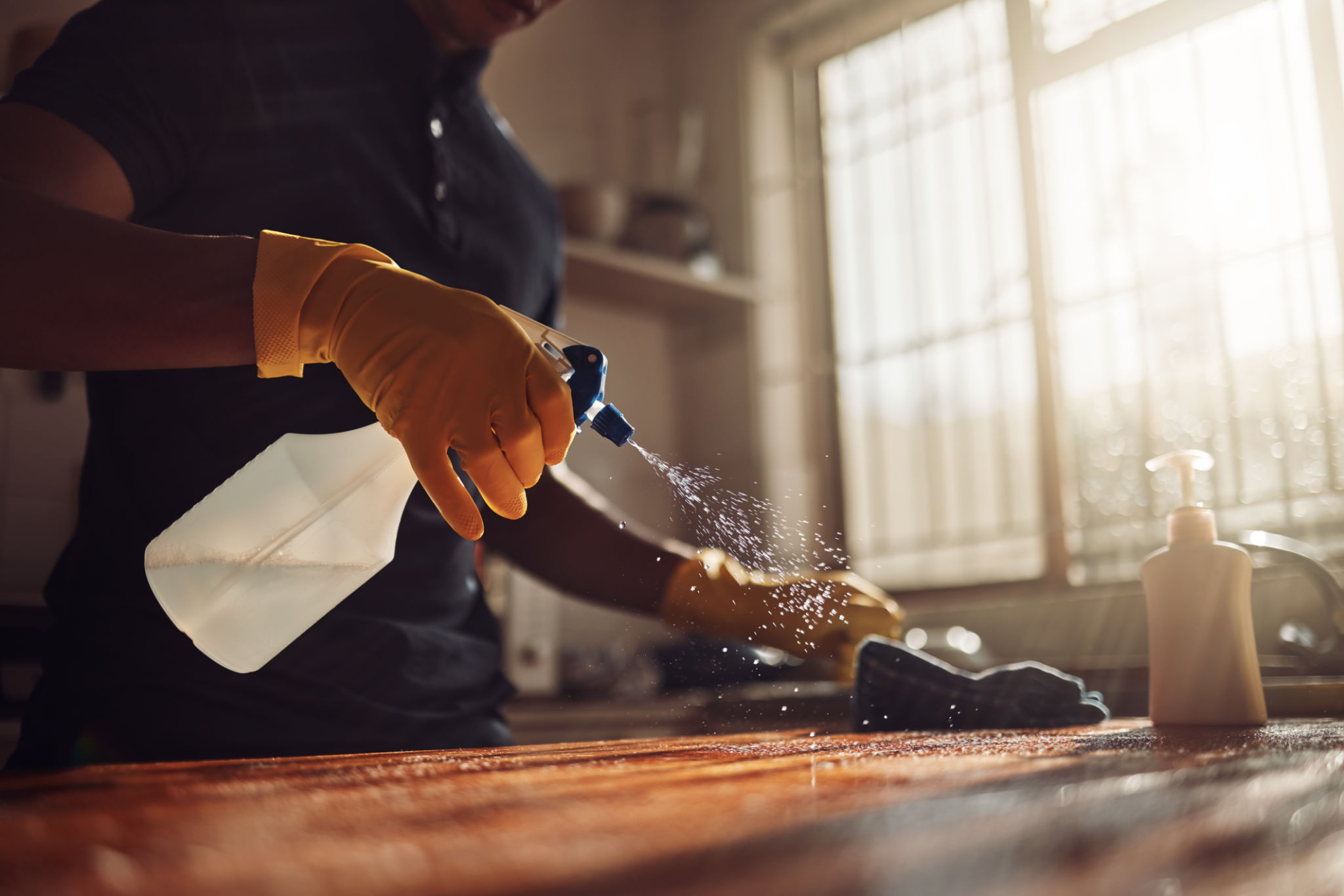Debunking Common Myths About Pressure Washing
Understanding Pressure Washing
Pressure washing is a popular method for cleaning various surfaces, from driveways to decks, but despite its widespread use, many misconceptions persist. Understanding the truth behind these myths can help you appreciate the effectiveness and versatility of pressure washing. Let’s dive into some common myths and uncover the facts.

Myth 1: Pressure Washing is Only for Professionals
One of the most common myths about pressure washing is that it’s a task only professionals can handle. While hiring a professional can ensure high-quality results, many pressure washers are designed for consumer use. With the right equipment and a little practice, homeowners can effectively clean their exteriors, driveways, and more.
It’s essential to follow manufacturer guidelines and safety procedures to ensure effective and safe cleaning. Often, homeowners find that with careful use, they can achieve results that are comparable to professional services. However, for more complex or sensitive surfaces, consulting a professional might still be the best choice.
Myth 2: Pressure Washing Damages Surfaces
Another prevalent myth is that pressure washing will damage surfaces. While it’s true that improper use can lead to damage, this cleaning method is safe when done correctly. The key is to use the appropriate pressure settings and nozzles for the surface you’re cleaning.

Most pressure washers come with adjustable settings and various nozzles to suit different materials. For instance, wood surfaces require lower pressure compared to concrete. Always test a small area first to ensure you’re using the correct settings.
Myth 3: Pressure Washing Uses Excessive Water
Many people assume that pressure washing wastes water due to the high-pressure spray. In reality, pressure washing can be more water-efficient than traditional methods. The high pressure allows for quick and effective cleaning, reducing the total amount of water needed.
Compared to using a standard garden hose, pressure washers often use significantly less water while providing a deeper clean. Choosing energy-efficient models can further enhance water conservation efforts.

Myth 4: Pressure Washing is Harmful to the Environment
Concerns about environmental impact also contribute to misconceptions about pressure washing. However, when used responsibly, pressure washing can be an eco-friendly cleaning option. Many detergents used in pressure washing are biodegradable and designed to minimize environmental harm.
Additionally, some pressure washers are compatible with eco-friendly products that are less harmful to plants and wildlife. Proper disposal of wastewater and avoiding chemical runoff are crucial steps in maintaining environmental responsibility.
Conclusion
By debunking these myths, it’s clear that pressure washing is a versatile and effective cleaning tool. Whether you’re a homeowner or a professional, understanding the facts can help you make informed decisions and achieve optimal results. Always prioritize safety and environmental considerations to maximize the benefits of pressure washing.